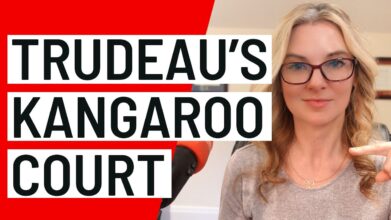Doug Ford’s losing streak in the Ontario courts continues, with the decision in Canadian Snowbirds Assn. Inc. v. Ontario (Attorney General) [2020] O.J. No. 4036, released on Sept. 25. The Divisional Court ordered the Ontario government to restore health insurance coverage for people who face medical emergencies while travelling outside of Canada.
The decision itself was made on the basis of statutory requirements in the Canada Health Act and the guarantee of portability. But the truly interesting wrinkle in the case is the court’s finding on the Charter s. 7 guarantee of life and security of person.
The Snowbirds court held that travellers’ Charter right to life and security of person is not violated because “they still have the right to take steps to protect those rights, including paying for medical services abroad either directly or indirectly through private insurance.” This seems to be a reasonable conclusion.
The situation is quite unlike the famous 2005 case of Chaoulli v. Quebec (Attorney General) [2005] 1 S.C.R. 791, where the government’s actions actually prohibited Quebecers from taking the necessary steps through privately fee based means to seek medical treatment when the public system is failing them. In Chaoulli, the court struck down the Quebec prohibition on private insurance.
Imagine the outrage if travellers were both denied government healthcare and the right to purchase travellers insurance. This would put snowbirds in an untenable position, unable to receive care through their government, but simultaneously restricted from paying for the care they need themselves. This would be an obvious violation of life and security.
In truth, imagination isn’t necessary. This is the reality for the thousands of Canadians on wait lists who do not receive timely care, and are at the same time denied the right to buy private insurance.
Yet despite the obvious Charter violation in the hypothetical snowbirds scenario above, a B.C. trial court recently found otherwise. In Cambie Surgeries Corporation v. British Columbia (Attorney General) 2020 BCSC, the trial judge dismissed a constitutional challenge of prohibitions on private health insurance and a de facto prohibition on private surgical clinics.
The court in Cambie found that patients’ s. 7 rights to life and security are violated by long wait times and lack of access to private care, but that violation is consistent with “fundamental justice.”
Clear harm is occasioned when individuals are forced to languish on long waiting lists to receive treatment: physical pain, lost employment wages and deterioration in one’s condition. Patients can die while waiting for treatment.
Charter rights are entrenched in our Constitution because they are important and unwavering. They equip individuals with a bulwark against undue government actions, and as the Snowbirds case demonstrates, are enjoyed by Canadian citizens whether they are at home or abroad.
It is simply an absurd outcome that on the current law in Canada, government has an obligation to reimburse travellers for medical expenses while abroad while they apparently remain able to fetter the individual right to seek medical care outside of the public system. The B.C. Court of Appeal will soon have the opportunity to correct this absurdity, as the Cambie decision will be appealed.
At a minimum, patients should have the same level of protection at home as they do while abroad. Ideally, the protection at home should be better. But until these conflicting decisions are reconciled on appeal, the rights of a few travellers appear better protected than the rights of hundreds of thousands of patients.
This article was originally published by The Lawyer’s Daily, (www.thelawyersdaily.ca) a division of LexisNexis Canada.






